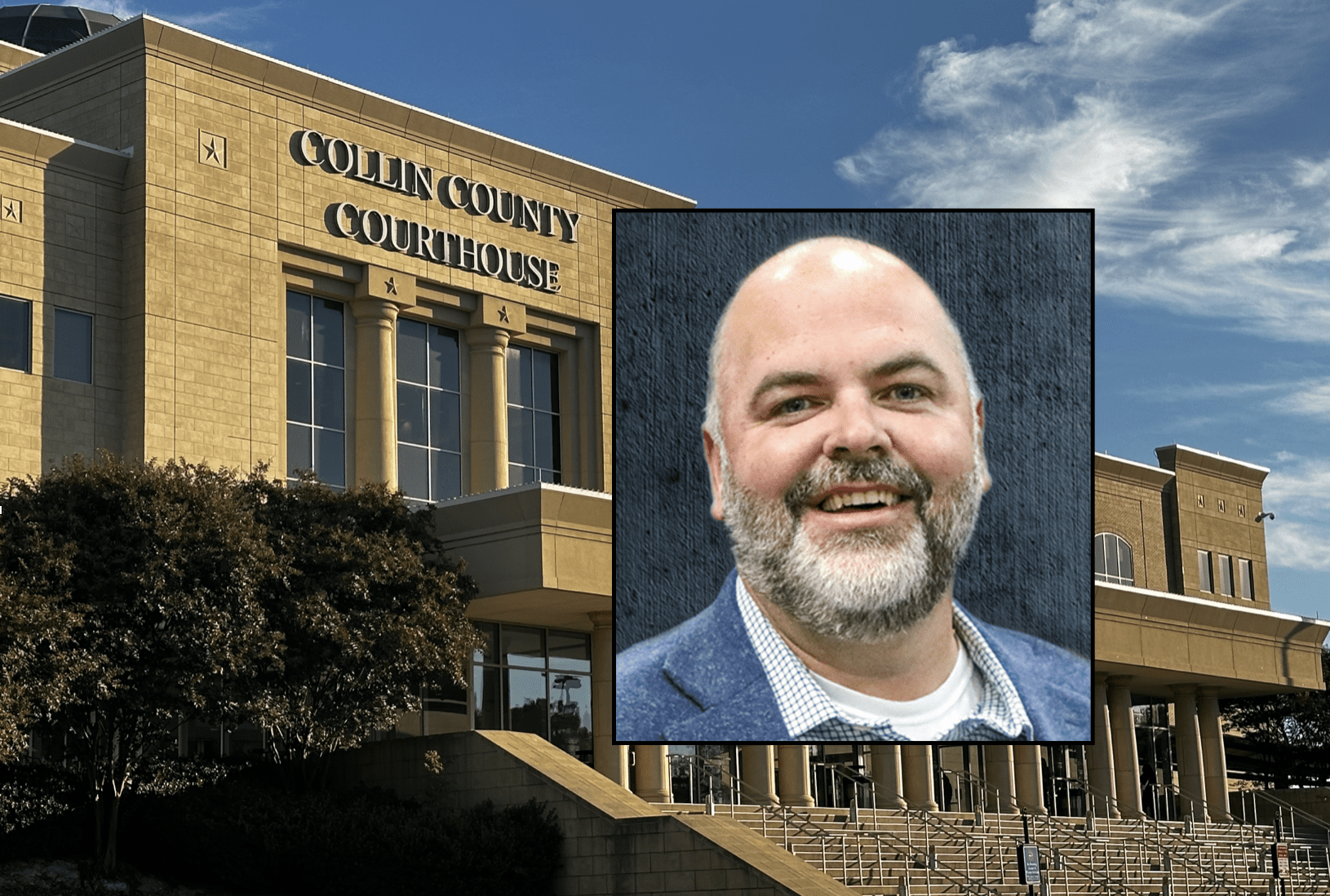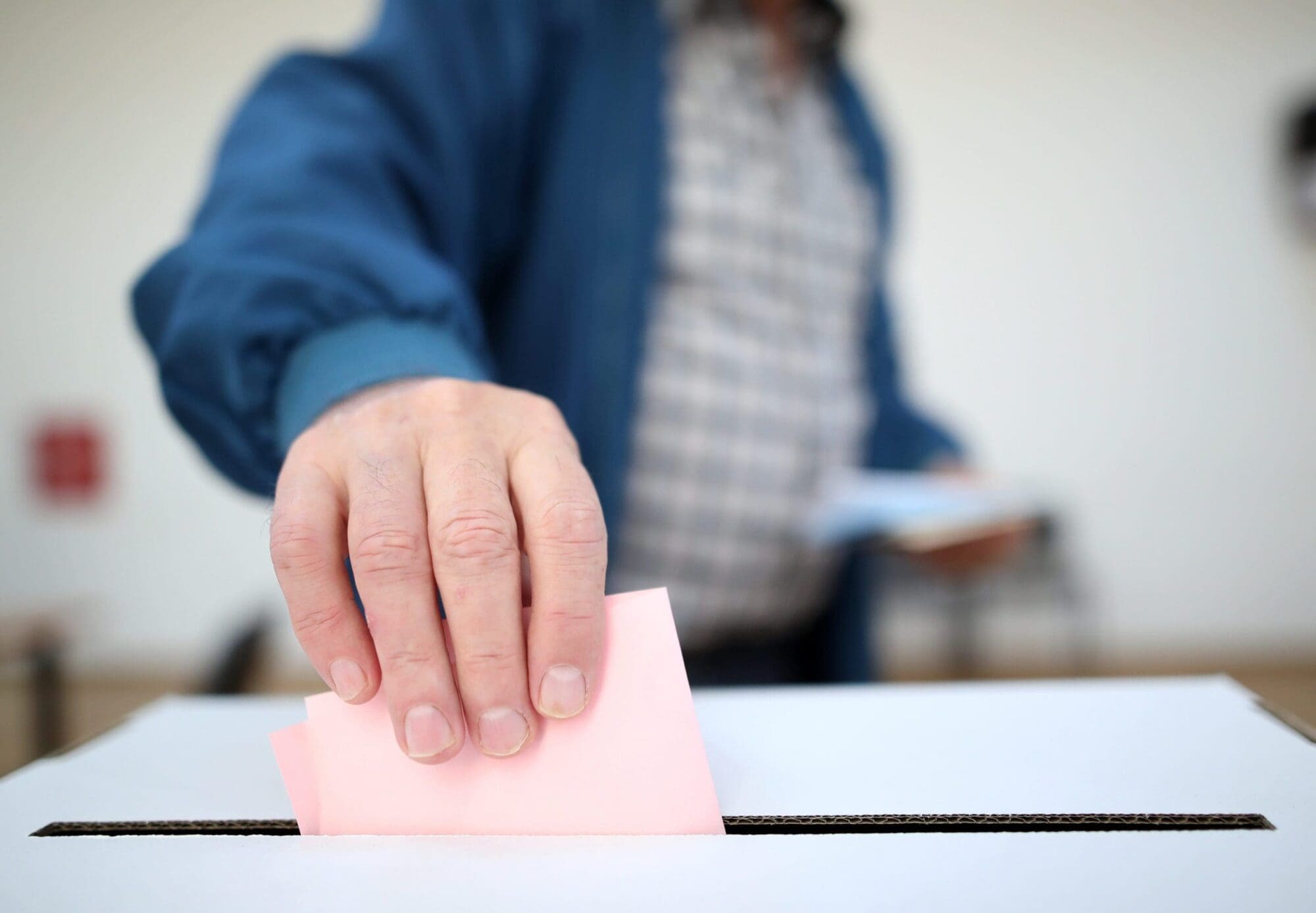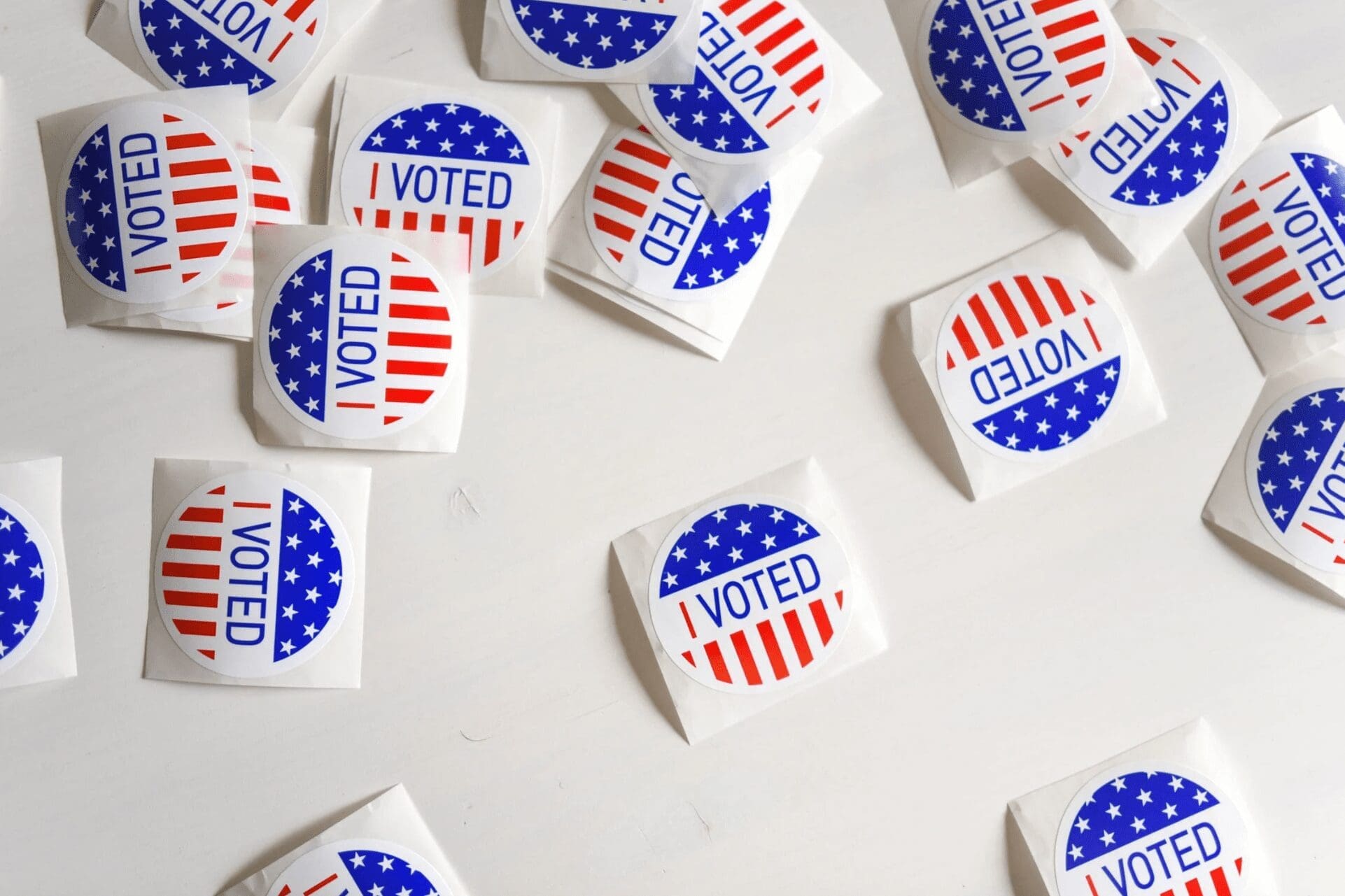A new advisory from the Texas Secretary of State could lead to pre-printed, sequentially numbered ballots in many of Texas’ counties—a move many election integrity activists have long been advocating for.
The advisory states:
In light of recent events that have highlighted how publicly available records may be used to impact a voter’s right to a secret ballot, our office has revised the standards for certification of an electronic pollbook system. Those revised standards prohibit the generation of ballot numbers using electronic pollbook systems or using peripheral devices that directly connect to electronic pollbook systems.
Additionally, it states:
Jurisdictions using those systems are now required to use ballot numbering methods that do not involve the use of the electronic pollbook system or peripherals that are directly connected to those systems.
What does this mean for Texas?
Recent discussions around election security have focused on two goals: ensuring that ballots can be audited while also maintaining voter secrecy. Numbered ballots accomplish the first goal by allowing for audits, but concerns have been raised that these numbered ballots could be traced back to the voters, violating the second goal.
Numbered ballots ensure that all ballots are accounted for and prevent illegal additions. Most electronic machines meet this requirement by printing a random number on the ballot. However, not all machines handle this process the same way, particularly in relation to their connection to the electronic pollbook, which is used to check in voters, verify registration, and prevent double voting.
Currently, Texas counties use one of two electronic voting system manufacturers: Hart or Election Systems & Software (ES&S).
With Hart systems, voters are given a code after signing in. When entered into the voting machine, this code instructs the machine on which ballot style is needed. The machine then assigns a number to the ballot, with no connection to the internet or the electronic pollbook.
With ES&S systems, after checking in, voters are given a ballot with a number printed by software connected to the electronic pollbook. These machines are affected by the recent advisory.
Some counties using ES&S systems had already started preprinting sequentially numbered ballots, while others, like Williamson County, recently announced that they would begin doing so. The Secretary of State’s advisory now mandates this practice for all counties using ES&S, which includes roughly half of the counties in Texas.
Christine Welborn, the president of Advancing Integrity, praised the move.
“The Secretary of State’s office made a great decision to break the potential tie between voters and their ballots while increasing auditability,” said Welborn.





